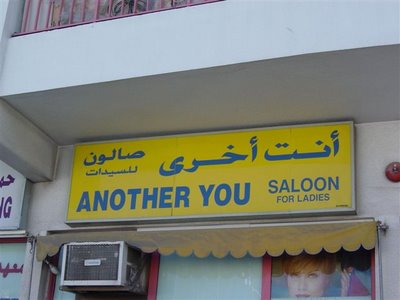Peace
We all want peace. But, what kind of peace? I found a possible answer: a Righteous peace.
THE PEACE OF RIGHTEOUSNESS
Theodore Roosevelt
An Autobiography. 1913.
There can be no nobler cause for which to work than the peace of righteousness; and high honor is due those serene and lofty souls who with wisdom and courage, with high idealism tempered by sane facing of the actual facts of life, have striven to bring nearer the day when armed strife between nation and nation, between class and class, between man and man shall end throughout the world. Because all this is true, it is also true that there are no men more ignoble or more foolish, no men whose actions are fraught with greater possibility of mischief to their country and to mankind, than those who exalt unrighteous peace as better than righteous war. The men who have stood highest in our history, as in the history of all countries, are those who scorned injustice, who were incapable of oppressing the weak, or of permitting their country, with their consent, to oppress the weak, but who did not hesitate to draw the sword when to leave it undrawn meant inability to arrest triumphant wrong. Read the rest at Bartleby.
An Address Delivered Before the American Society for the Judicial Settlement of International Disputes, December 17, 1910
Jean Jules Jusserand
With Americans of Past and Present Days. 1916
Does peace mean progress? Is the disappearance of war a sign of improvement or of decay? At a yet recent date learned men, their eyes to their microscopes, were teaching us that among the various kinds of living creatures they had studied, war was the rule; that where struggle ceased, life ceased; and that, since more beings came into the world than the world could feed, the destruction of the weakest was both a necessity and a condition of progress. Struggle, war, violence meant development; peace meant decay. And a bold generalization applied to reasoning man the fate and conditions of unreasoning vermin. Since it was fate, why resist the inevitable and what could be the good of peace debates?
But the stumbling-block that Science had placed on the road to better days has been removed by Science herself. The sweeping conclusions attributed to that great man Darwin by pupils less great have been scrutinized; other experiments, such as he would have conducted himself had he been living, were tried, and their results added to our book of knowledge. Great results, indeed, and notable ones; it turned out that the explanation of transformism, of progress, of survival, was not to be found in a ceaseless war insuring the predominance of the fittest, but in quiet and peaceful adaptation to environment, to climate, and to circumstances. And we French are excusably proud to see that, for having unfolded those truths years before Darwin wrote, due honor is now rendered almost everywhere, and especially in America, to Jean Baptiste de Lamarck, author of the long obscure and now famous Philosophie Zoologique, 1809.
As for the undue multiplication of individuals, statistics unknown to Darwin have since shown that, whatever may be the case with beetles or fishes (and let them work out their own problems according to their own laws), there is, for man at least, no need of self-destruction to ward off such a peril: the general decrease of the rate of reproduction, so striking throughout the world, is all that is wanted, and in some cases is even more than is wanted.
War, therefore, is not our unavoidable fate, and that much of the road has been cleared: a long road followed amid terrible sufferings by mankind through centuries. The chief danger in times past, and partly still in our own, does not result from an ineluctable fate, but from the private disposition of men and of their leaders. And we know what for ages those dispositions were. Former-day chroniclers are wont to mention, as a matter of course, that “the king went to the wars in the season,” as he would have gone a-fishing. People at large saw not only beauty in war (as there is in a just war, and of the highest order, exactly as there is in every duty fulfilled), but they saw in it an unmixed beauty. Men and nations would take pride in their mercilessness, and they were apt to find in the sufferings of an enemy an unalloyed pleasure. Read the rest at Bartleby

